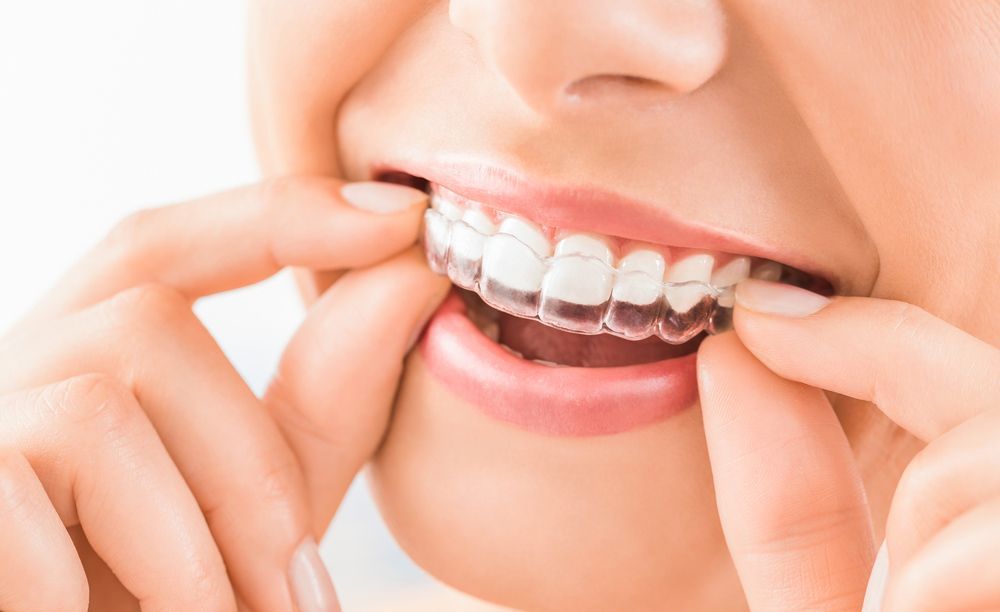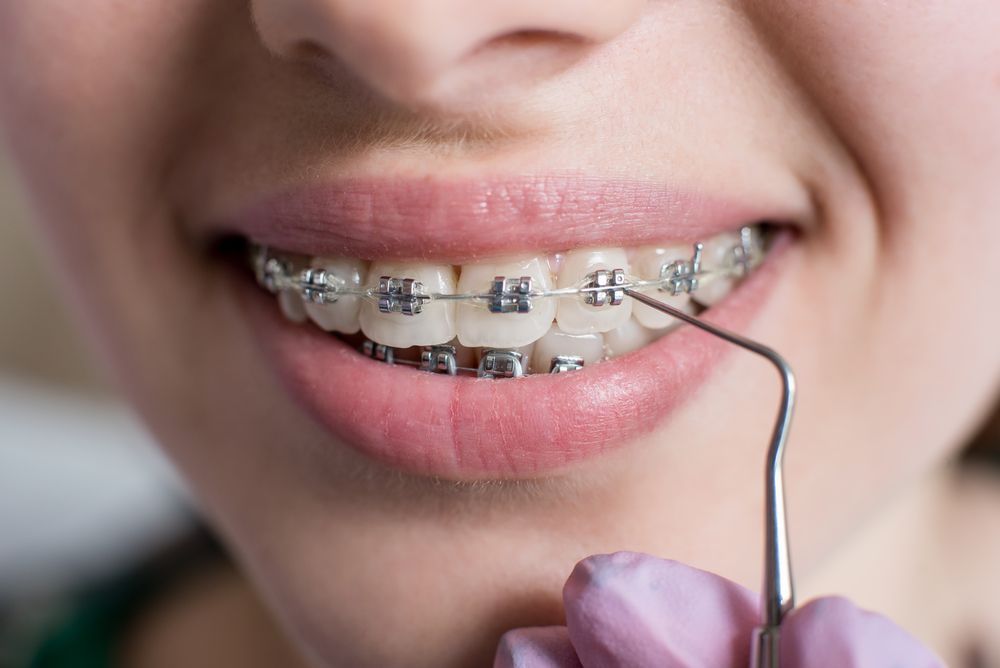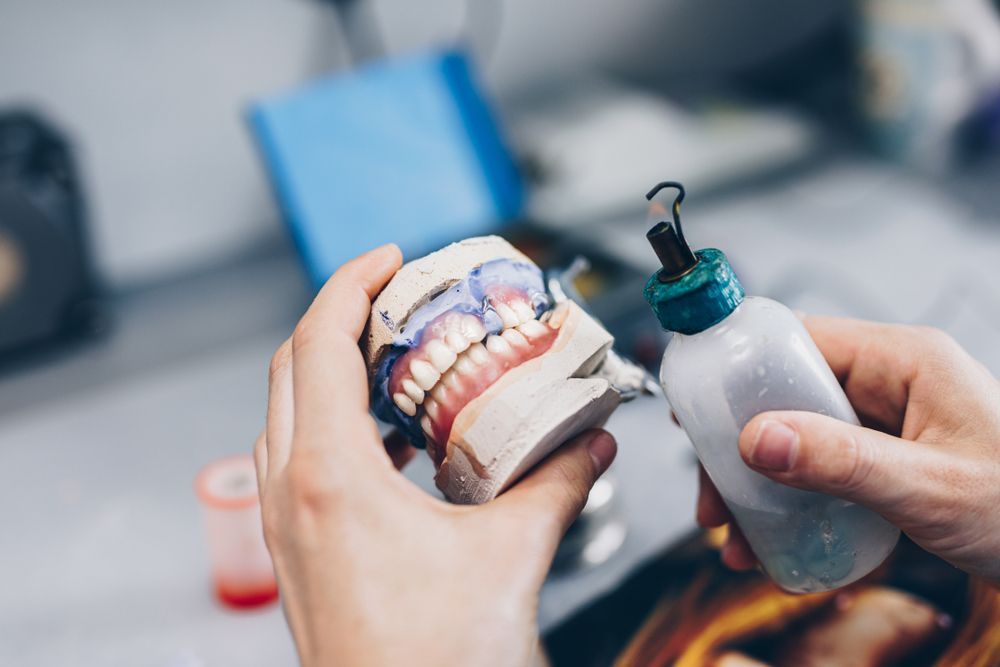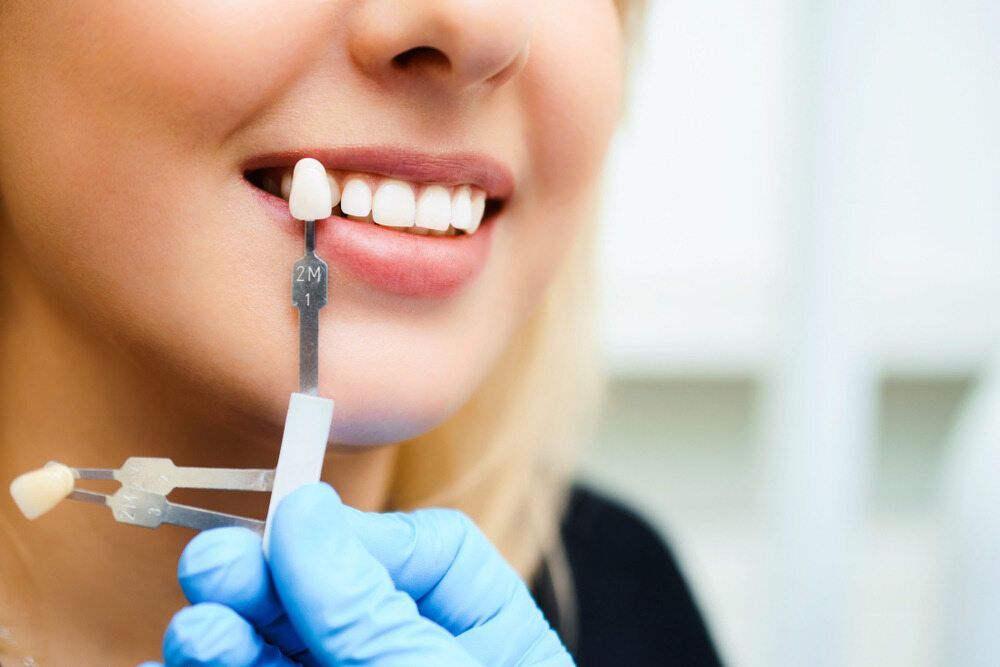What to Do When Your Wisdom Teeth Start Coming Through
Although the emergence of wisdom teeth is a natural part of development, they can often be a nuisance rather than a benefit. Wisdom teeth, otherwise known as the third molars, are teeth that sit behind the second molars and are the last to descend. They typically start to emerge between 17 and 25 years of age, however, they can start to emerge much later than this.
Did you know that not everyone has four wisdom teeth? Some people may even have none! In others, the wisdom teeth can stay buried for their entire lives.
Here, we tell you what signs could indicate that your wisdom teeth are erupting, what type of problems they might cause, and what you should do if you notice them.
Signs Wisdom Teeth May Be Erupting
- The appearance of white specks behind the second molars (back teeth).
- An itchy sensation in the gums - much like you experienced when your other adult teeth came through when you were a child.
Some may experience significant discomfort at the back of the jaw accompanied with:
- Redness and swelling in the areas where the wisdom teeth are partially emerged or are about to emerge.
- Difficulties opening and closing the jaw due to pain.
- A strange taste or odour from the mouth.
- Pain that radiates to the ear or along the jaws.
The Problems Wisdom Teeth May Cause
- Grow sideways or at an awkward angle. This not only causes discomfort, but it can also mean sufferers can't eat properly as these teeth can cause uncomfortable rubbing and biting of the cheek.
- Become impacted. This means that the wisdom teeth don't descend fully and part of the tooth can remain buried in the gums, making them very difficult to clean. Over time, they may become decayed and sadly, they can often cause the adjacent tooth to become decayed as well. Impacted wisdom teeth also increase the chances of developing gum disease
- Become decayed. Sometimes wisdom teeth are positioned so far back that they are impossible to reach with a toothbrush. For this reason, it may be recommended that you remove your wisdom teeth to prevent decay, pain and infection in the future.
Options for Managing Wisdom Teeth
Contact Us
If you are looking for professional dental advice,
give our team a call today.





















